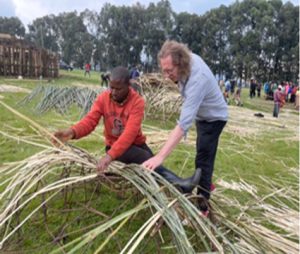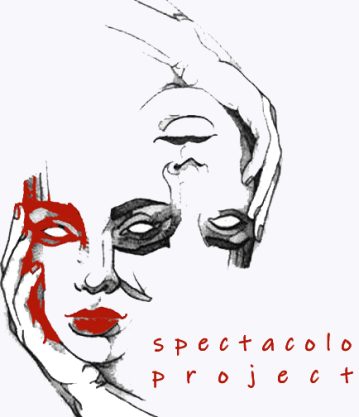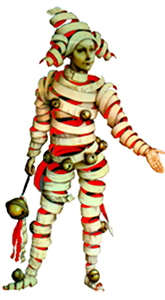Under construction

under construction

Theatre and theatre professions in Rwanda
Music and dance are an integral part of Rwandan ceremonies, festivals, social gatherings, and storytelling. The most famous traditional dance is Intore, a highly choreographed routine consisting of three components – the ballet, performed by women; the dance of heroes, performed by men, and the drums. Story telling is also another form of art that is part of the Rwandan culture since ancient times , it was incorporated with festivals and ceremonies at social gathering just like music and dance aspect. Drama acting on stage is not a form of art that has lived for long, it is still in its infant stages though very popular. Radio drama is another form of theartre that is very popular next to music and dance.
Rwanda does not have an instituted government funded theatre space, most of theatrical performances are carried out in open spaces, basket ball arena, hotel main halls, schools etc. in terms of education, there are only two institutions which are formally teaching theatre. Most theatre performances in the community are in the open, these are most of the times organized and attended free of charge as they are commissioned most of the time for Behavior and social change programs.
A caption of Mashirika Performing Artists during a community outreach session.
At the moment, in Rwanda there are two most popular festivals, ie. Ubumuntu Arts Festival which is an international festival and Kina festival for children which is also an international festival.
Professional education
There are two formal institutions which teach theatre in Rwanda ie The National University of Rwanda and Nyundo Music School. The National University of Rwanda teaches drama as a course unit for the award of a degree of Arts in Modern Languages, the course does not go deep into other elements of theatre like light designing, stage design, costume design, video art design, make up design etc. students may have an opportunity of writing either a radio play or stage play and perform it but with no critical review of the process and techniques involved.
Nyundo Music school teaches music and awards certificates to successful candidates. Other aspects of theatre production are not given much attention, attention is mostly given the other side of creativity (writing songs, instruments and performing on stage as well as production)
When students complete school, they have to look for their own employment, there is no organized way of finding jobs for the qualified artists. As artists keep performing and growing, meeting different people, it helps them slowly by slowly to develop networks to companies and individuals from more developed side of the world. There is no organized networking system of getting Rwanda artists communicate with other world of performing arts (Europe, US, latin America, ASia) if any.
Most of the skills acquired and lead to excellent performance in Rwanda are a result of some people who have traveled to other countries and acquired the skills or went for formal education, workshops, mentorship programs, festivals etc. sometimes experts/consultants are hired to come and work with local artists in creation of performances, festival, concerts etc and in the process there is knowledge exchange which has played part to the growth of theatre in Rwanda.




